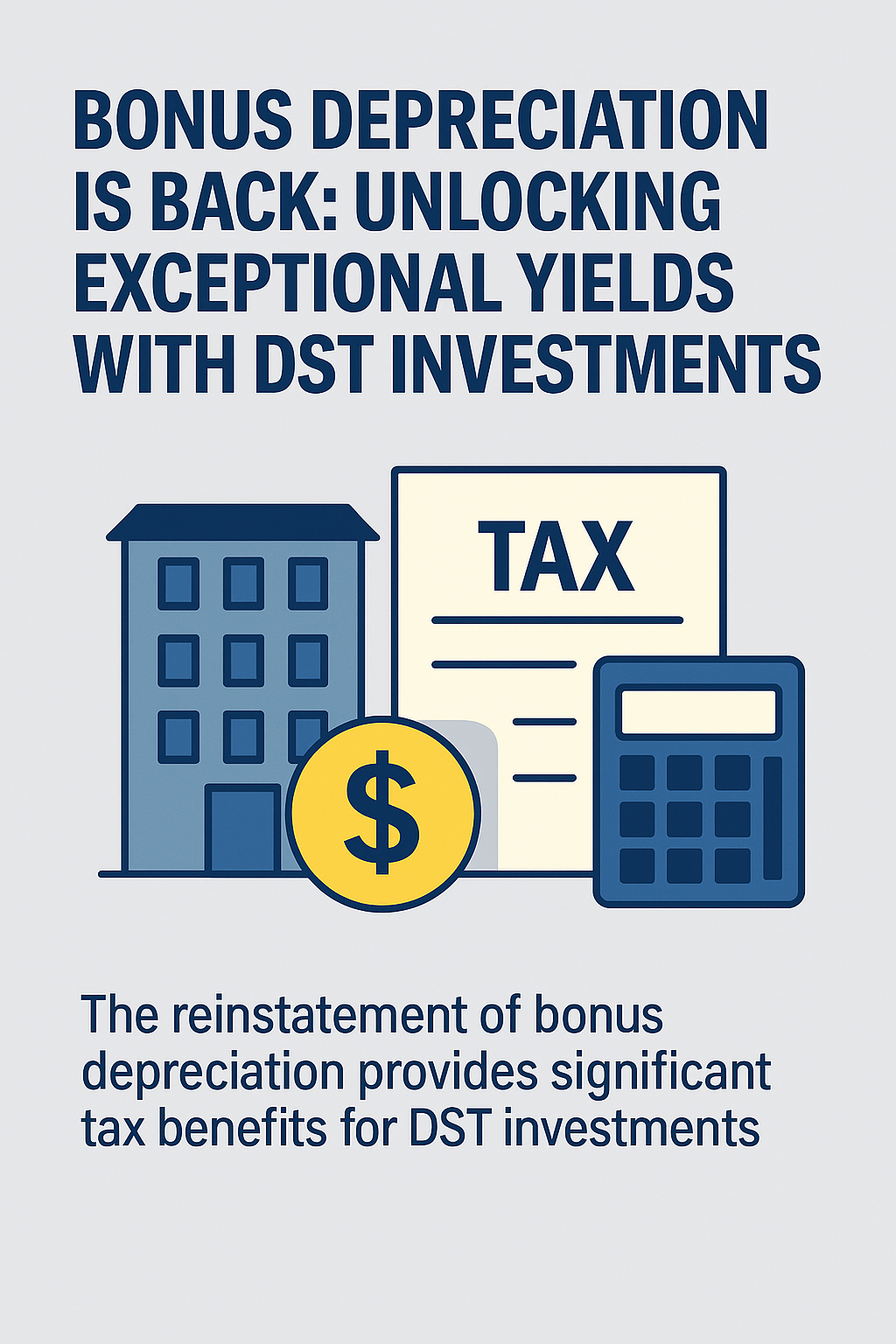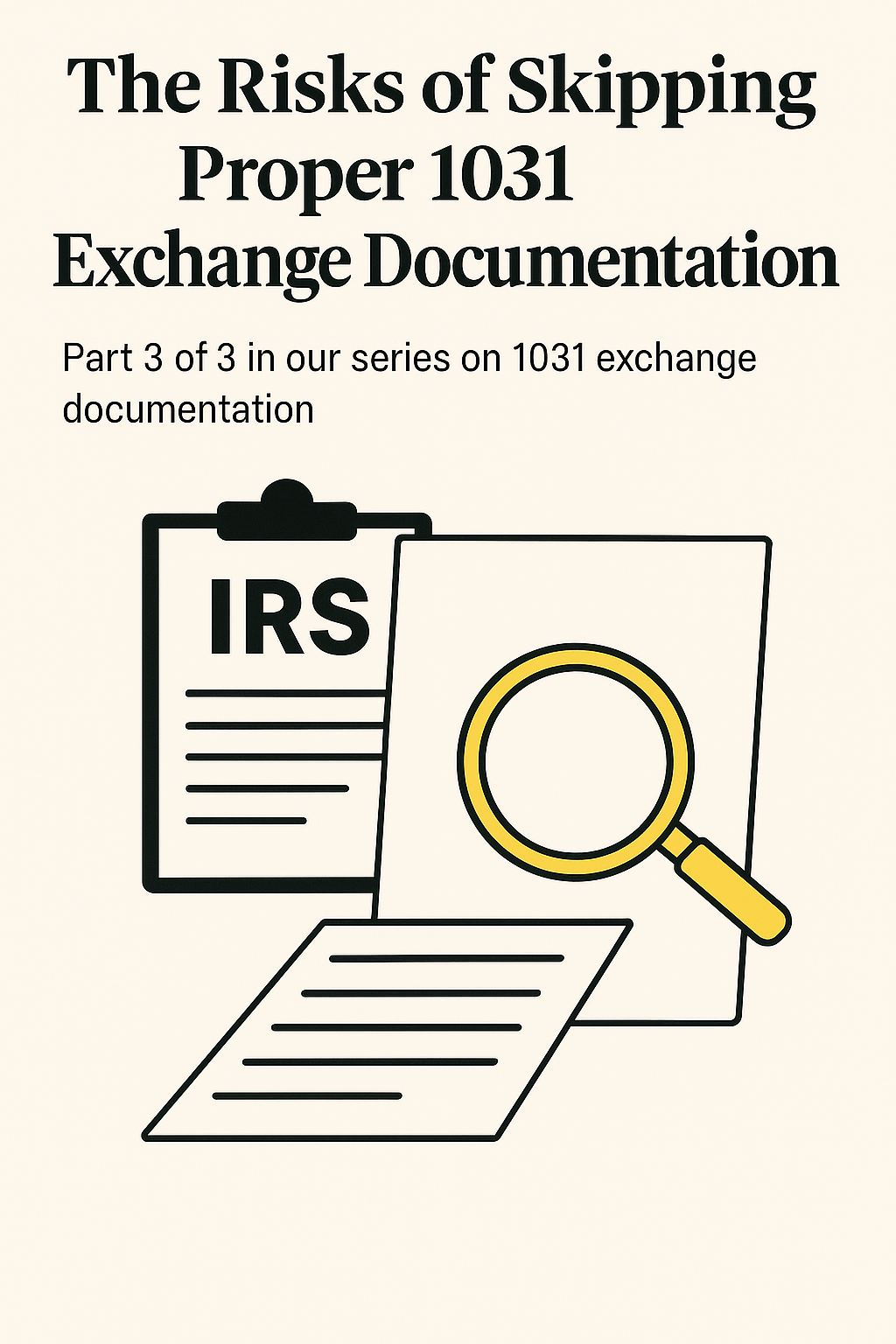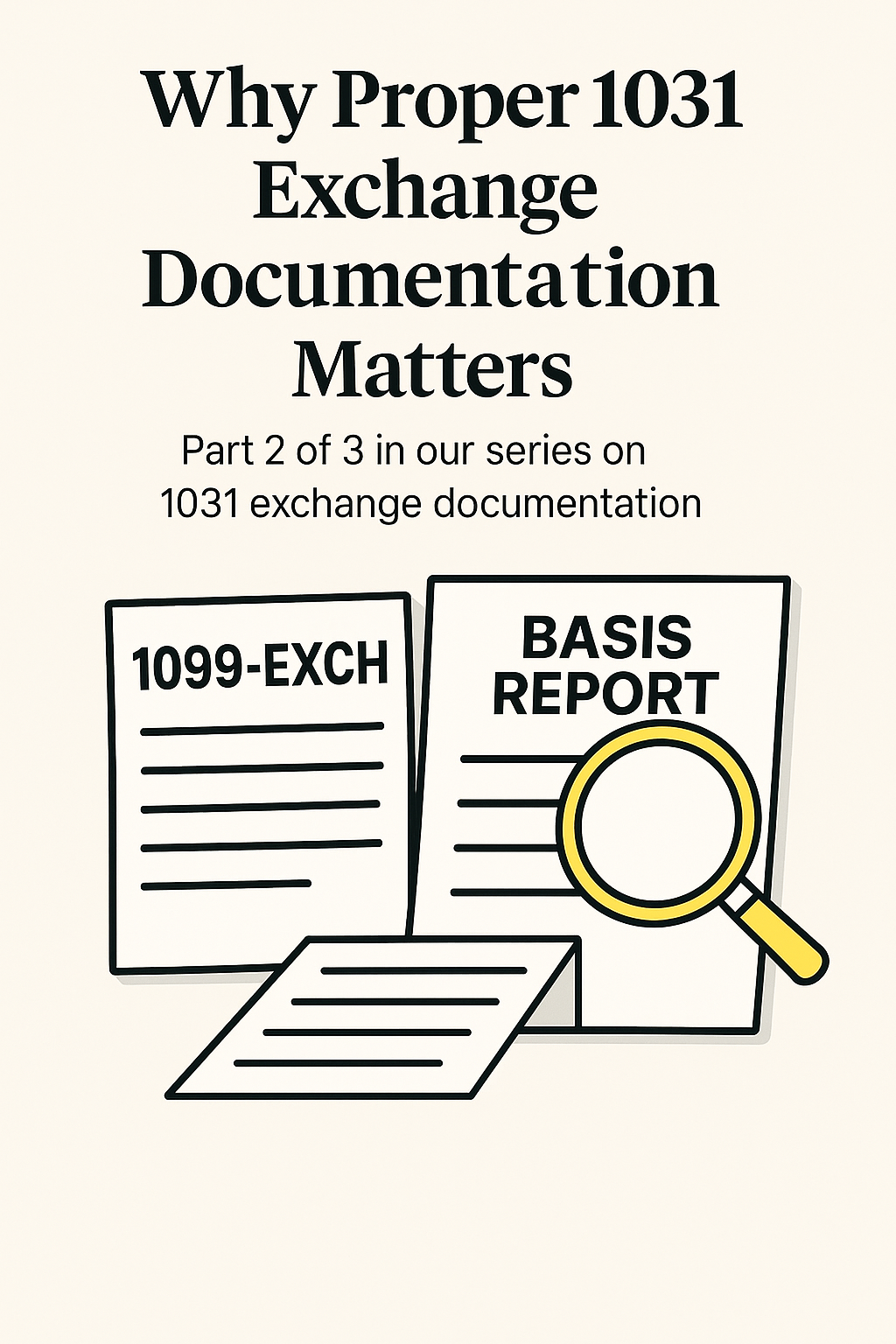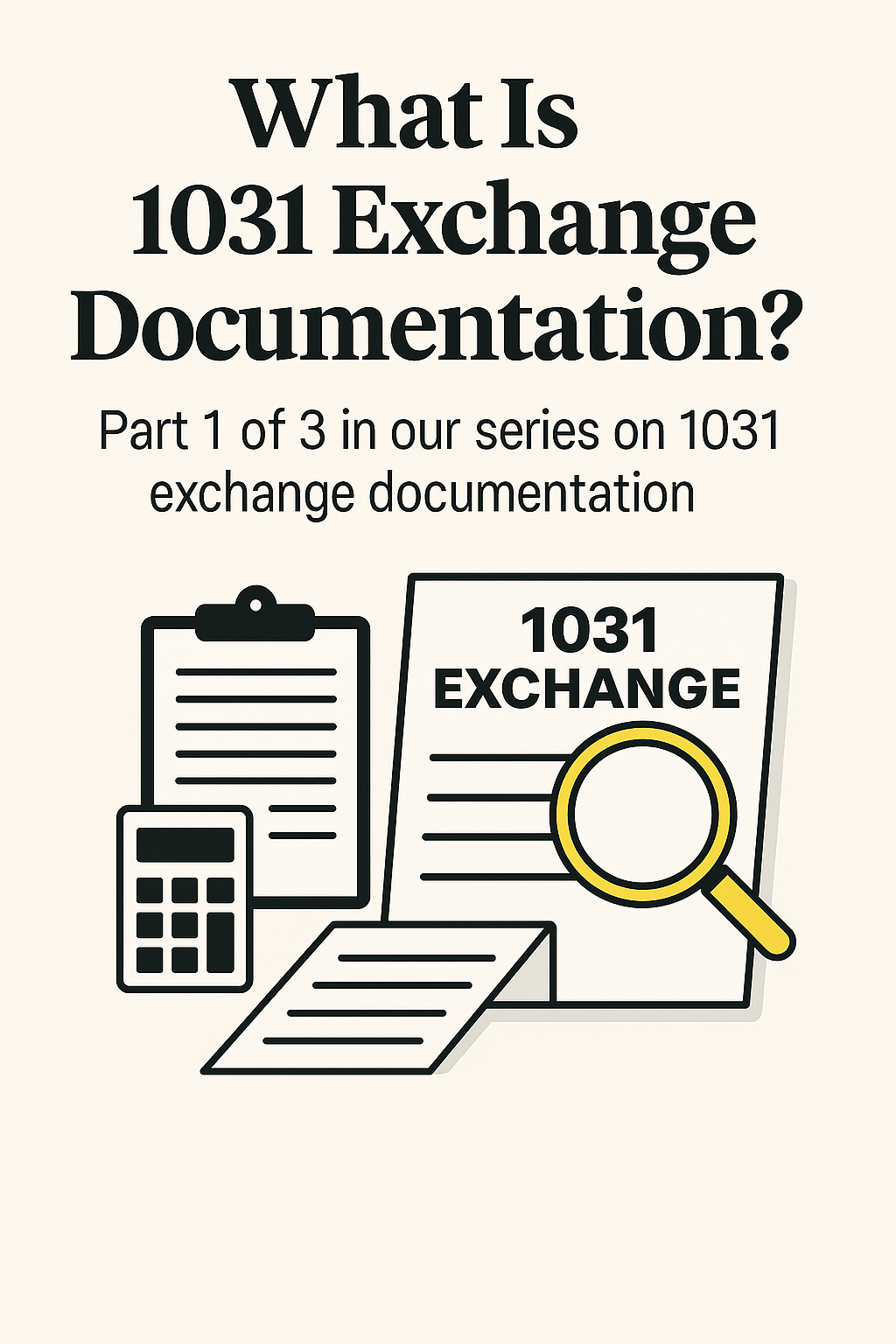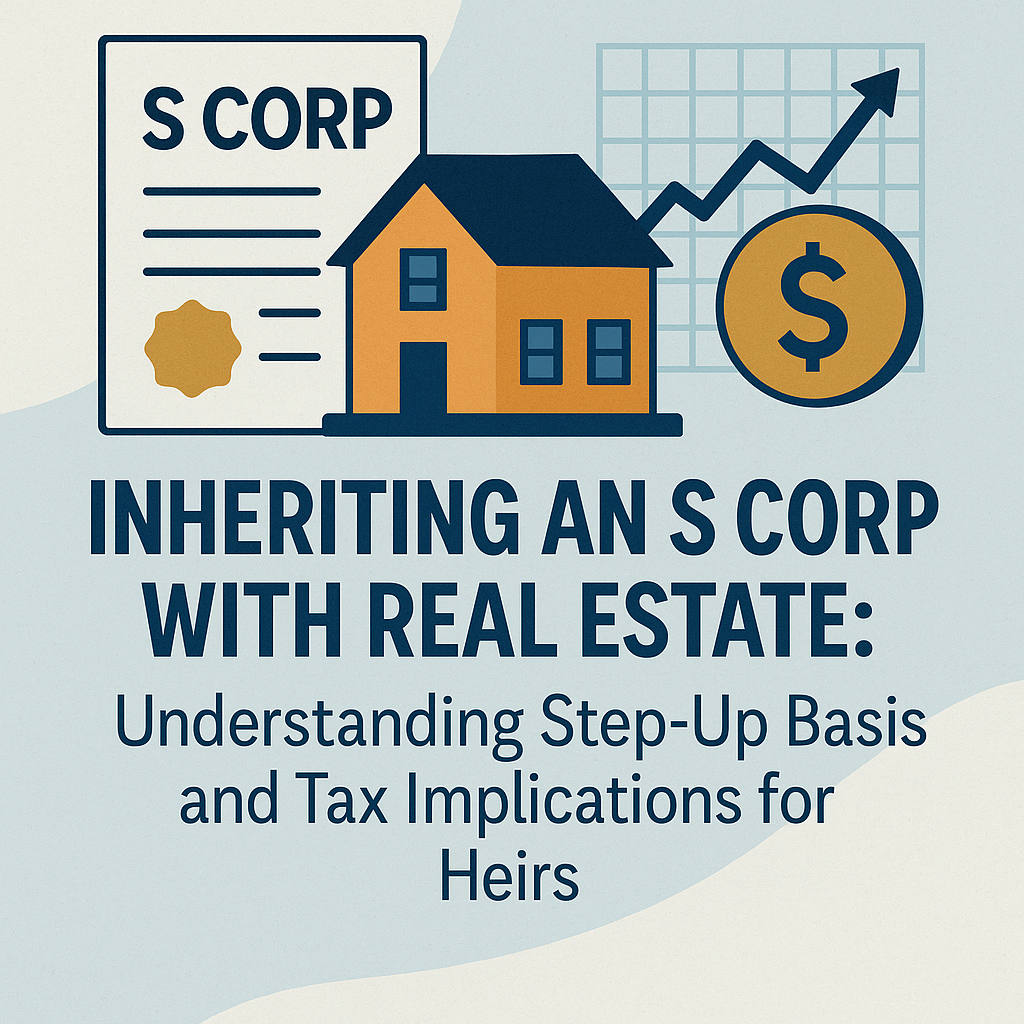Bonus Depreciation is Back: Unlocking Exceptional Yields with DST Investments
The recent passage of the 2025 "One Big Beautiful Bill Act" (OBBBA) by Congress has made waves throughout the real estate and investment communities. Signed into law on July 4, 2025, the OBBBA reinstates 100% bonus depreciation for qualifying property acquired and placed in service after January 19, 2025. This powerful incentive revives a critical tax-saving strategy that significantly impacts property investors, particularly when combined with Delaware Statutory Trust (DST) investments.
Read article
